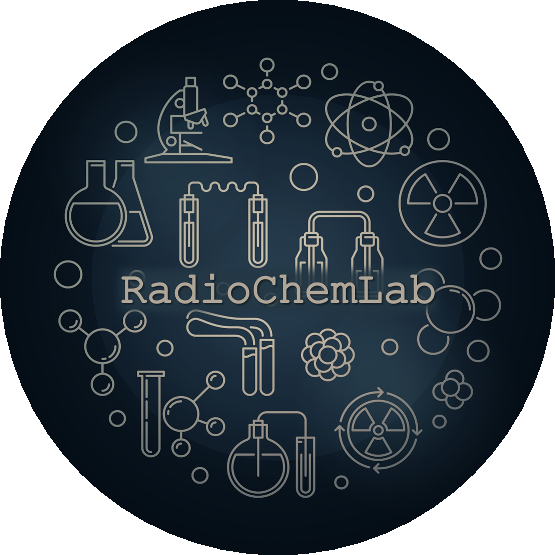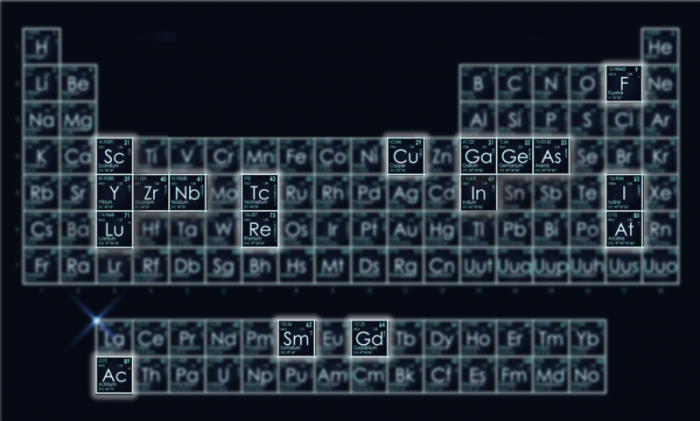Description
The Radiochemical Studies Laboratory, which is part of the Radiopharmacy sub-division of INRASTES, is active in various scientific and technological programs, aiming at the development of new Diagnostic and Therapeutic Radiopharmaceuticals. For the last 40 years the team has been an important partner of the Nuclear Medicine Departments of Greece providing specialized scientific and technological services in the fields of Radiopharmacy and Nuclear Medicine. The Laboratory is also a strong partner of the private sector and national public health authorities.
The activities of the Radiochemical Studies Laboratory focus on the development and evaluation of radioactive drugs – “radiopharmaceuticals” – for molecular imaging and radioisotopic treatment of localized and multifocal disease. To achieve these goals, appropriately modified vectors (e.g. antibodies, peptides, peptidomimetics or small organic molecules) or multipotent carriers (e.g. nanoparticles or polymers) are used as diagnostic and/or therapeutic vectors targeting disease, with high specificity. These vectors are radiolabeled with a wide variety of radioisotopes for the diagnosis of primary cancer and metastatic foci with PET / SPECT (with gamma and positron-emitting radioisotopes such as Gallium-68: 68Ga, Technetium-99m: 99mTc, Fluorine-18: 18F, Zirconium-89: 89Zr) and their treatment (with alpha- and beta-particle emitting radioisotopes such as Lutetium-177: 177Lu and Actinium-225: 225Ac). In recent years, the research activity of the Lab has focused on the development of radiolabeled nanoparticles for theranostic (diagnostic and therapeutic) applications. Furthermore, the lab team has actively pursued research on the nanobrachytherapy of cancer with nanoparticles radiolabeled with 225Ac and other alpha-emitting radioisotopes.
The Laboratory has great experience in research with positron-emitting radioisotopes, such as 68Ga and 18F, due to its research programs aimed at developing radiopharmaceuticals for Positron Emission Tomography (PET) applications. The team was the first to introduce 68Ga to the Greek research community, with the installation of the first Germanium-68 / Gallium-68 generator at its premises in 2012, and to this day remains the only research facility hosting such a generator.
The research and technological infrastructure of the Radiochemical Studies Laboratory are unique in Greece. The Laboratory facilities include:
- Hot cells for the safe handling and radiochemical processing of radioisotopes emitting γ-photons, positrons, β-particles, α-particles
- Specially-designated areas for the synthesis of radiolabeled compounds
- Laboratories for the evaluation of radiolabeled compounds with high-tech equipment dedicated to this purpose (high-performance liquid chromatography-HPLC systems, radio-TLC systems, radioisotope purity detection systems, multi-channel gamma counter, microscopic capillary electrophoresis, gel electrophoresis)
- Individually Ventilated Cage (IVC) system for mice and rats
- Cell culture facilities (laminar flow hood, incubator, optical microscope)
The Radiochemical Studies Laboratory has a Housing Installation for Experimental Animals, specially licensed by the Veterinary Department of the Prefecture of Attiki, for the accommodation of animals during the development of pathological experimental models in mice and rats, for the needs of its research projects. Finally, it is licensed by the Greek Atomic Energy Commission for the import and use of diagnostic and therapeutic radioisotopes.







